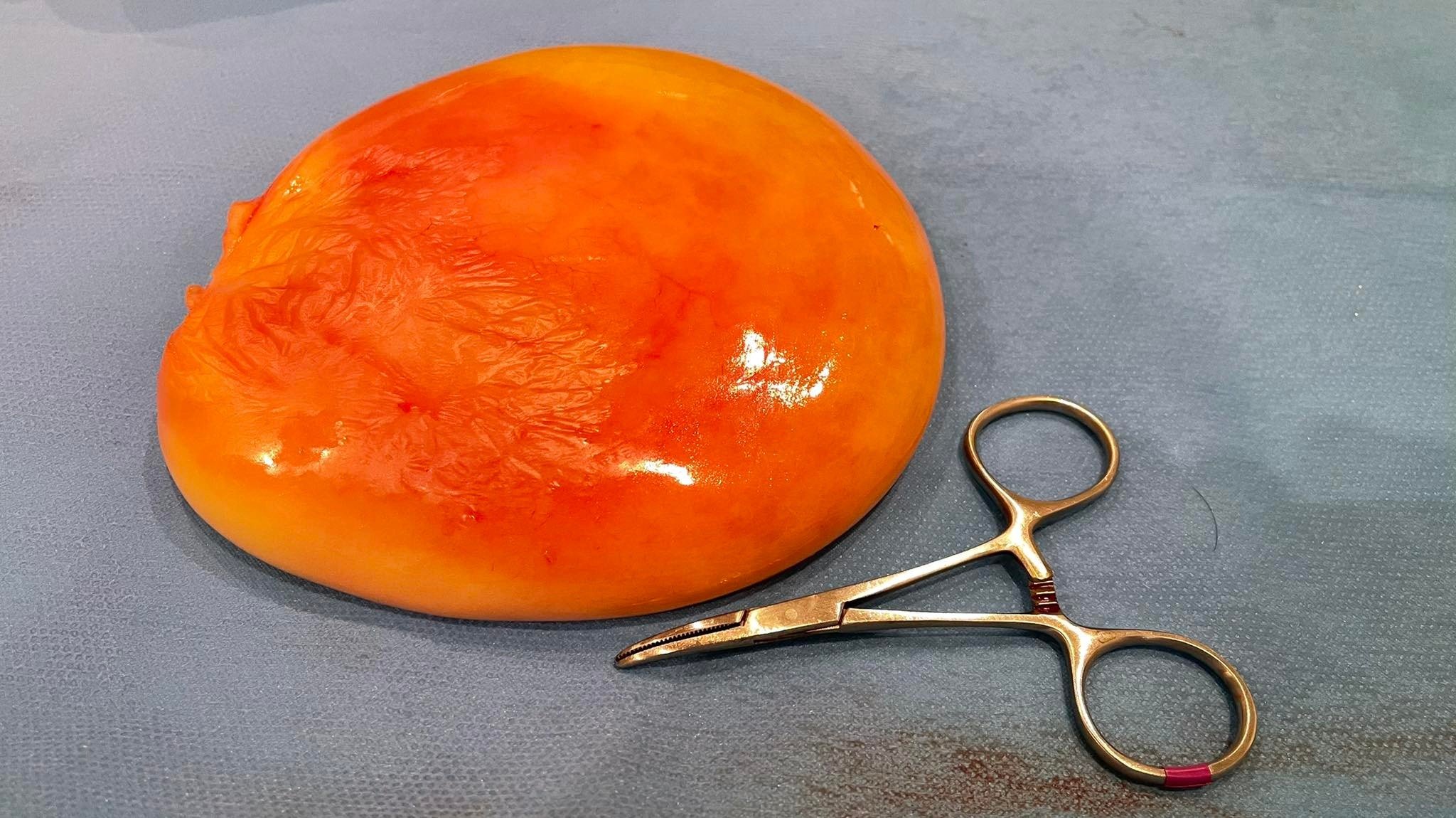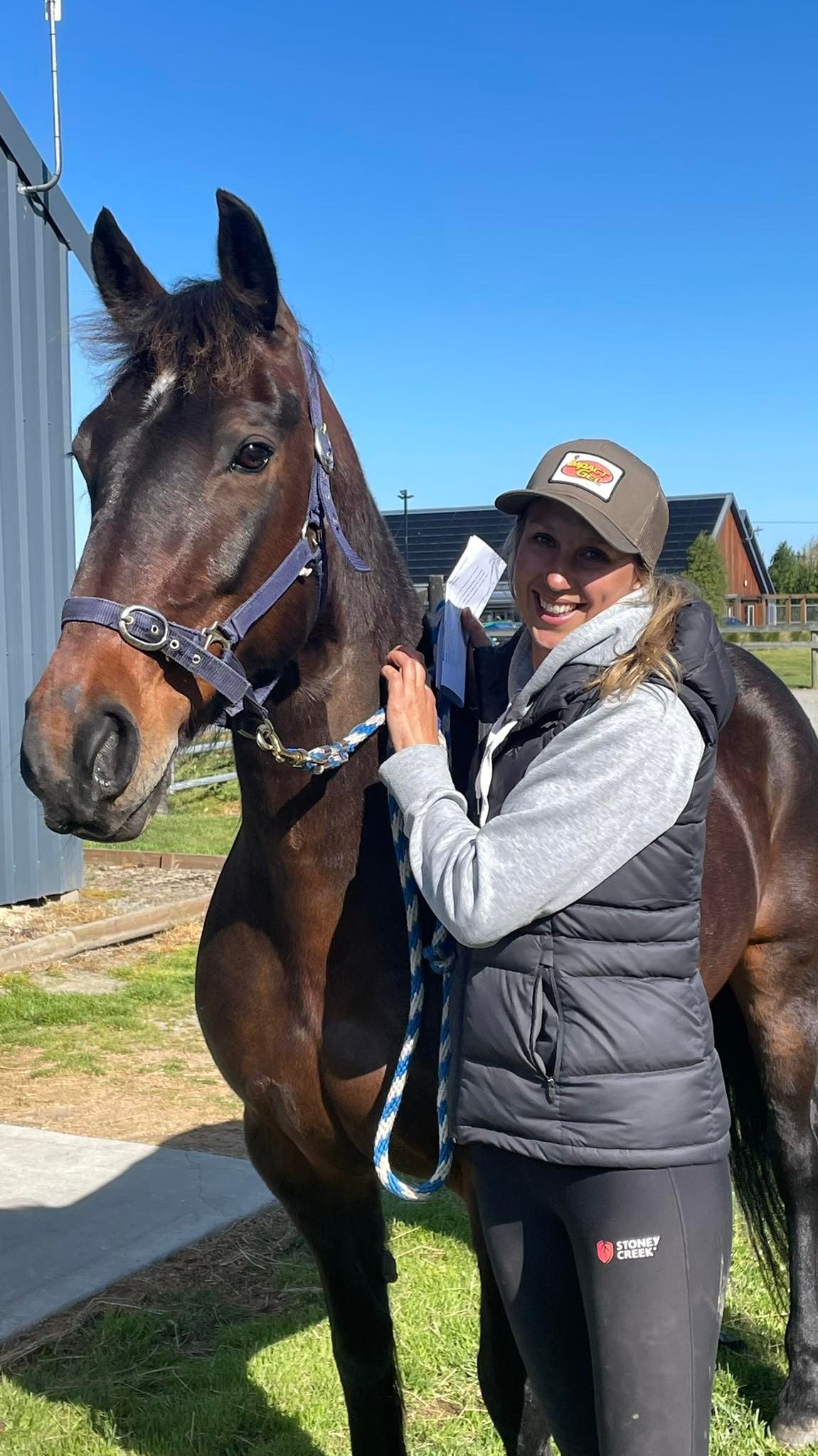A Lifesaving Colic Surgery
Meet Merlot, the lovely crossbred mare.
Merlot recently underwent lifesaving colic surgery by our surgical team at the RVC Equine Hospital, and we are happy to report she has been discharged from hospital, and back home with her family
What is colic?
Colic describes the clinical signs a horse displays due to abdominal pain, for any reason. Colic is commonly due to spasm of the intestine, gas distention of the intestine, or a mild impaction, all of which can successfully be treated with pain killers and fluid therapy. Occasionally however, the cause of colic is much more serious, and horses are unresponsive to medical treatment. In these instances surgery is required to correct the problem. This must be performed in an equine hospital by a trained surgical team. The horse is anaesthetised, and the surgeon explores the abdominal cavity to identify the problem, and if possible correct it.
Merlot’s case
Merlot had shown signs of colic throughout the day, but when the signs became more severe despite pain relief, she was referred into our hospital for assessment. Following examination and diagnostic tests it was confirmed that she would require surgery.
The lipoma removed from Merlot.
The cause of Merlot’s colic was a ‘strangulating pedunculated lipoma’.
A lipoma is a fatty tumour on a stalk (pedicle) attached to the intestine.
The stalk can become a strangulating band around a segment of small intestine, this cuts off the blood supply resulting in the affected region becoming blackened, which not only causes severe abdominal pain, but also releases toxins into the blood stream.
In Merlot’s case, we had to cut the stalk to remove the lipoma, and a 1 metre blackened segment of small intestine needed to be cut out. The healthy ends of the intestine were then joined together before she was recovered from her anaesthetic.
Rachael Smith, our Specialist Equine Surgeon, performing the surgery.
The lipoma stalk strangulated a segment of small intestine.
1 metre blackened segment of small intestine was removed.
Merlot underwent intensive post operative care including intravenous fluid therapy, anti-inflammatories, antibiotics, and medication to help her intestine recover normal function. She made an excellent recovery, which we are sure was helped by her strong motivation for returning to her normal diet!
Merlot was a very good patient, and a pleasure to have in hospital. She will need close monitoring and restricted activity for several weeks, but we hope to see her out competing again soon.
Merlot made an excellent recovery.
Merlot heading home after her surgery.







